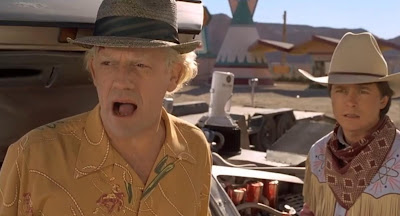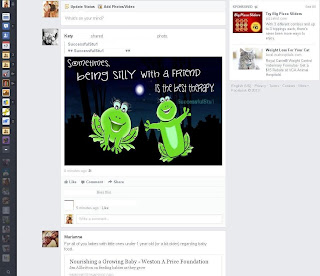At the time, Rusk was just a few months shy of becoming a septuagenarian and about ten years removed from the heights of power in U.S. politics [as you will read here, Rusk shares with William Seward the distinction of being the second-longest serving Secretary of State, with Cordell Hull getting top honors in that regard.]
It was not a chance meeting.
And while I did get to shake hands with the old diplomat, it wasn’t either a one-on-one, the “How-are-you-doing-Mr.-Espinoza?-Very-pleased-to-meet-you-Mr.-Secretary” type of encounter.
For many years after his retirement from government service, Rusk had been a professor of international law at the University of Georgia, in Athens.
On that occasion I met Rusk he was the featured celebrity, not quite a speaker, at a gathering for foreign students in Toccoa Falls, in the north-eastern Georgia mountains.
Family in tow, I was there — at the invitation of the Dean of International Students of Georgia State University in Atlanta — to celebrate the Thanksgiving holiday, as were many others as well, both from GSU and other colleges and universities in the area.
Ever the diplomat, Rusk exhibited for his audience the charm you expect from a skilled politician.
“Of course you can have our picture taken!,” he told one of his greeters ahead of me.
Quoting somebody as famous as he already was, he further advised the greeter: “I may even let you wag your finger in front of my face, should you at any time in life want to brag about scolding me!”
He was of course being facetious. While not exceedingly tall and already kind of stooped because of his age, he was definitely taller than his interlocutor.
The difference in height would have rendered the claim null.
At the time of this gathering, the turmoil in Iran was full blown and the fall of the shah less than three months ahead in the future. Nobody knew it then but many suspected, as the proverbial phrase goes, that it was just a matter of time for that to happen.
A good number of the guests in this three-day gathering were Iranian exchange students and as it turns out, the person asking Rusk to pose with him had been one of the most vocal critics of the United States role in Iran [basically, why the continued support for the shah?] when the former Secretary had talked about American foreign policy.
It is not a question, Rusk said in reply to the complaints, of whether the shah should abandon power or not but more a matter of who’d replace him and what that means for the U.S. and the world [I wasn't precisely taking notes so not quoting here verbatim.]
Many will remember Rusk as the U.S. government official [one of many, that is] reviled because of his role during the Vietnam war. His obituary will remind you of the price he paid for that.
 |
| Thomas Foley: an unusually civil politician |
My meeting Dean Rusk came to mind over the last 24 hours, as the news came from Washington, D.C., of the death of Democrat Tom Foley, the former Speaker of the House of Representatives whose life [minus the involvement in a conflict such as the one in Vietnam] closely resembles that of Rusk.
Rusk was not a politician [in the elected-official sense of the word] and Foley was not a diplomat [in the working-at-Foggy-Bottom fashion]. Save for that, they were each both diplomat and politician. They were both lawyers by profession, and not necessarily wealthy. And each accounts for many firsts in terms of personal achievements.
There are plenty of articles online to read about Mr. Foley, including this where president Obama mourns his passing as the loss of a “legend of the United States Congress,” where among his many successes as a leader figure his work to help then-president Bill Clinton get Congressional ratification of NAFTA, the North American Free Trade Agreement, despite the opposition of a majority of his fellow Democrats.
About five years after my meeting Dean Rusk, I met Tom Foley at his offices in Capitol Hill.
A few days after Ronald Reagan ordered the invasion of Grenada, I was part of a group of Washington, D.C.-based foreign correspondents invited to travel to the island in the aftermath of Operation Urgent Fury and Foley, then House Democratic Whip, briefed the group on where the Democrats [Congress, in general] stood on the matter.
Later, the legislator would lead a Congressional delegation sent to assess the situation in the Caribbean island which concluded that the military invasion was “justified,” though the conclusion should not be taken as a signal that, “we [in Congress] believe the United States should go around the world in a military action to invade countries because of their possible foreign policy.”
Meeting politicians [even after receiving an invitation] does not always translate into becoming an acquaintance. I won’t tell you that the meeting in late October 1983 made me recognizable to a man of his importance, even if I would frequently coincide at press events he also attended.
But over my years of work in Washington I was fortunate to be around enough so that on occasions, like at the time I was chatting with Mr. Foley in that picture taken at some reception at the National Press Club, you could sense the fact that this was, as the headline in one of the hyperlinks proclaims, “an unusually civil politician.”







.jpg)
















